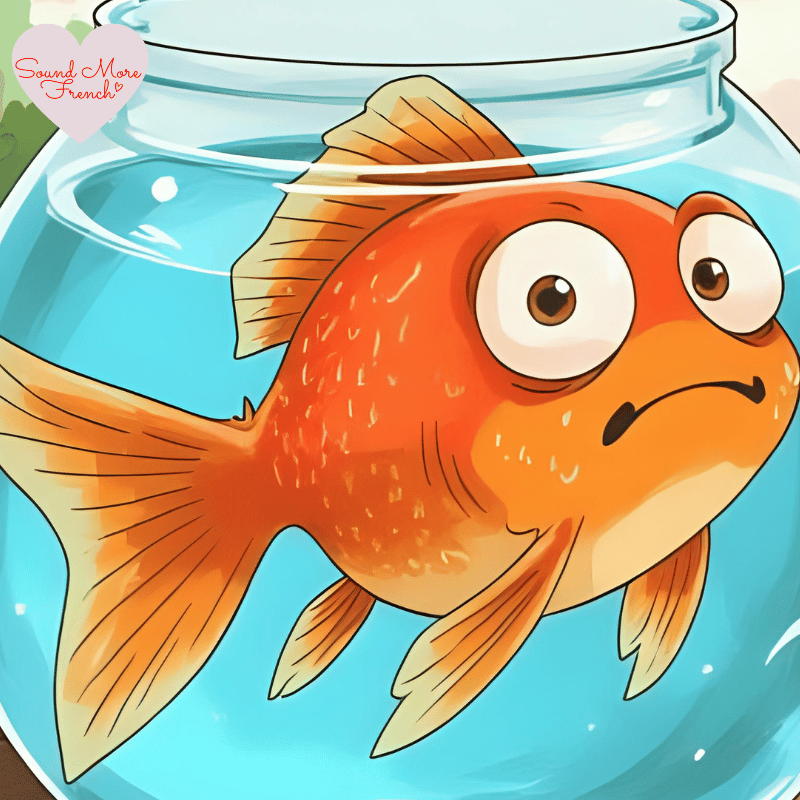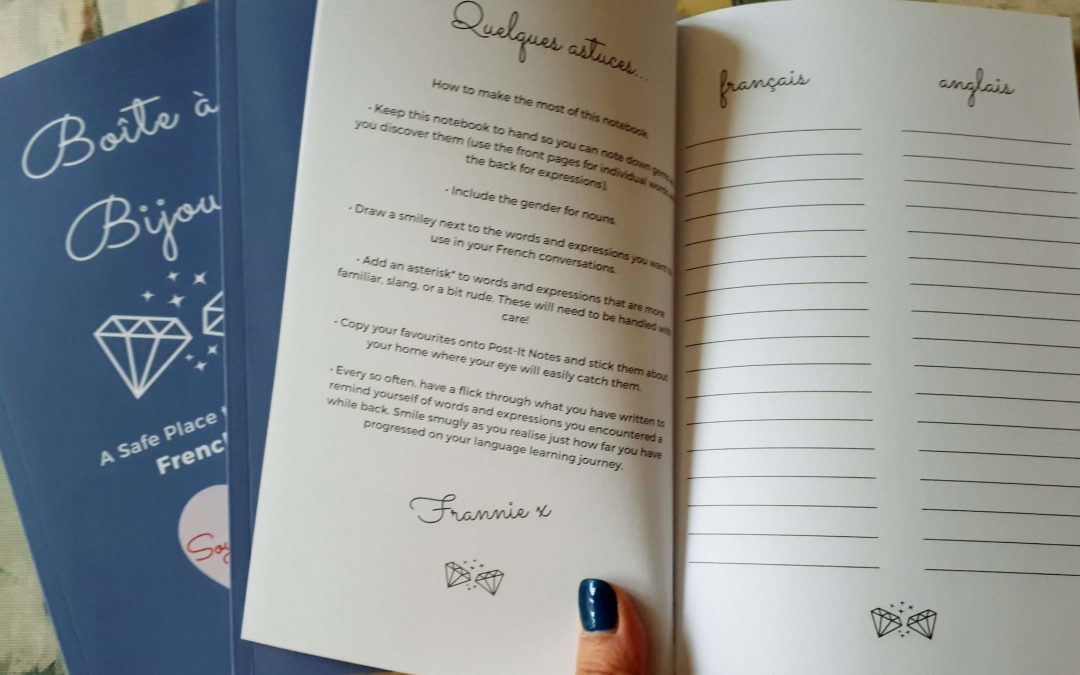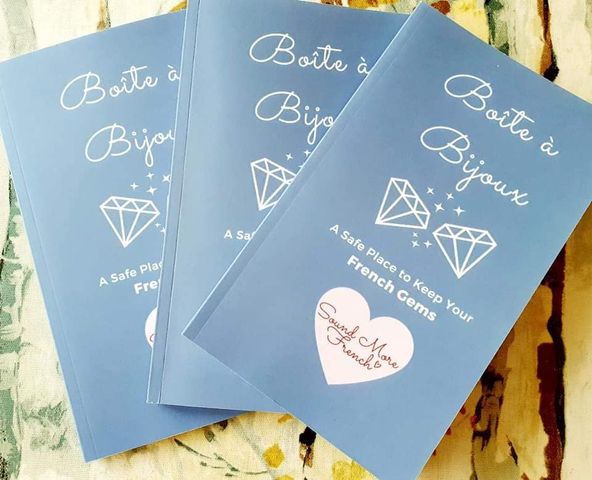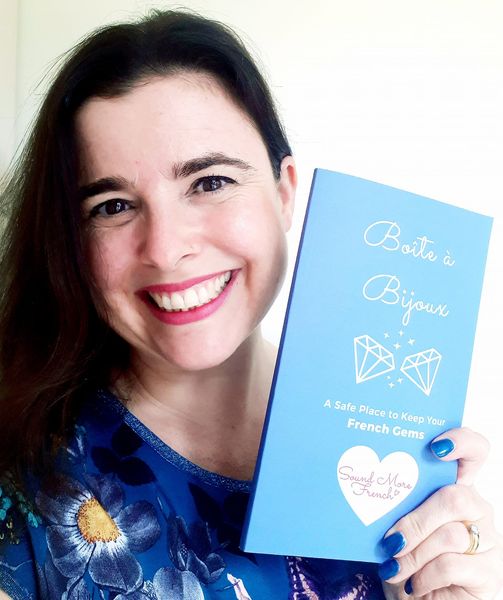Remembering new vocabulary as we get older isn’t always easy, especially when we’re learning a language! Many of my students tell me they want to remember French words but find them slipping away as quickly as they appear. If that sounds like you, don’t worry. You’re not alone.
As middle-aged folk, we’re often “spinning plates” – juggling jobs, homes, families, friends, hobbies, fitness routines, and trying to keep a little bit of sanity along the way. No wonder our brains sometimes opt for la mémoire courte! They prioritise short-term memory, deleting things quickly to make space for more. Nature is brilliant at keeping us functioning, but it can be frustrating when we’re trying to remember French words.

If you’re anything like me, you might have la mémoire d’un poisson rouge. I rely completely on diaries, calendars, sticky notes, planning sheets and alarms to keep me organised. Without them, my life becomes chaos — ma mémoire est une vraie passoire.
As a languages teacher, my top tip for learners (of all ages) is this: write things down.
Your French Vocabulary “Jewellery Box”
Why not keep a special notebook where you jot down the French words and phrases you love? Treat it as your “jewellery box” for French gems — precious vocabulary you can categorise into topics, nouns (with gender), verbs, adjectives, phrases or expressions. This way, they’re safe and easy to find whenever you have a momentary lapse in memory.
A little Boîte à Bijoux like this can help you transform your memory from that of a goldfish to celle d’un éléphant. And for my fellow stationery lovers, I’ve created a Boîte à Bijoux notebook designed specifically for French learners, with my top tips for remembering words and space for your own French–English entries.
Click on the button below to find out more!
Why This Works
Writing words by hand helps create a stronger memory link between the word and its meaning. Reviewing your “jewels” regularly strengthens these connections, making it easier to retrieve them when you need them, so that you n’ayez jamais la langue dans la poche.
Happy language learning,
Frannie x
French Vocabulary from This Blog
-
la mémoire courte = poor memory
-
avoir la mémoire d’un poisson rouge = to have the memory of a goldfish / a poor memory
-
ma mémoire est une vraie passoire = my memory is like a sieve
-
celle d’un éléphant = that of an elephant
-
avoir une mémoire d’un éléphant = to have a good memory
-
pour que vous n’ayez jamais la langue dans la poche = so that you may never be at a loss for words
-
ne pas avoir la langue dans sa poche = to not be lost for words / tongue-tied
Join Our Language Learning Community
Remember you’re not alone in your language learning journey. Our vibrant community of learners is always here to support you. Join us in our free Facebook group Sound More French with Frannie, to share tips, ask questions, and connect with like-minded learners.
Join over 5K other learners in my FREE Facebook community, Sound More French with Frannie!
This is a fabulously friendly place where you can connect with other learners and pick up French gems: new vocabulary/expressions and tips to help you improve your French.




Recent Comments